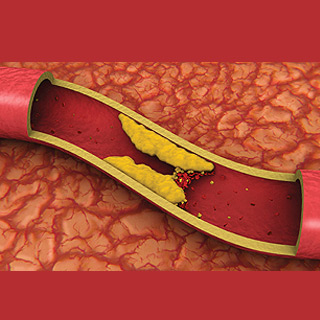
Coronary arteries can apparently become amassed with plaque, thereby resulting in reduction in the supply of blood and oxygen to the heart. Eventually this obstruction could lead to incapacitating chest pain or heart attack. Acute obstructions in numerous major vessels may need coronary artery bypass graft surgery, a chief invasive surgery.
Lead author of the study, Michael Simons, M.D., chief of the Section of Cardiology at Yale School of Medicine, commented, “Successfully growing new arteries could provide a biological option for patients facing bypass surgery.â€
Formerly, scientists utilized growth factors, proteins that may fuel the development of cells in an effort to nurture new arteries, but this technique was apparently ineffective. Simons and his team examined mice and zebrafish to observe if they could replicate arterial creation by turning on and off two signaling pathways namely ERK1/2 and PI3K.
Simons remarked, “We found that there is cross-talk between the two signaling pathways. One half of the signaling pathway inhibits the other. When we disable the inhibitor mechanism, we are able to grow arteries. Instead of using growth factors, we stopped the inhibitor mechanism by using a drug that targets a particular enzyme called PI3-kinase inhibitor.â€
Simons added that since they have located this inhibitory pathway, this opens the possibility of developing a new class of medication to grow new arteries. The next step is to test this finding in a human clinical trial.
The study would be published in the Journal of Clinical Investigation.
